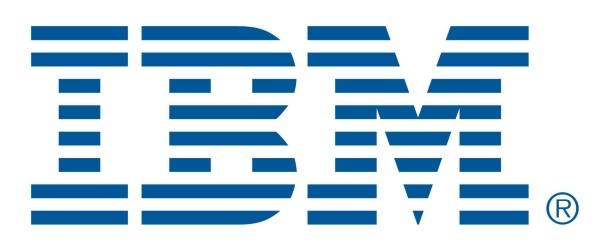Quantum Circuits Get Dynamic Upgrade With Help of Concurrent Classical Computation

(IBM.Quantum.Blog) IBM’s Maika Takita, Scott Lekuch, Ken Inoue, and Antonio Corcoles explain the upgrade in quantum circuits. They begin, “Sometimes, the key to unlocking new realms of quantum computing’s power is… classical computing”.
By allowing quantum and classical resources to do what they do best, our team has demonstrated the potential power of dynamic circuits—those where we perform a measurement in a quantum circuit and then feed the resulting classical information to a later quantum calculation—a demonstration that provides an advantage over static circuits run on quantum computers alone.
IBM’s recent announcement of its Quantum development roadmap fits into our core aim to increase the capacity of our hardware to run programs, while also making quantum programs more accessible than ever before. Central to these dynamic circuits is our expansion to real-time compute capabilities, where devices now permit interactions with classical computing instructions within the runtime of a quantum program.
Our newly released access to real-time compute will include capabilities such as mid-circuit measurement, mid-circuit reset of qubit values, and simple demonstrations of quantum teleportation. However, in our paper, we further hoped to take on a more demanding class of dynamic circuit, one that requires accurate quantum operations, measurements, and resets, while efficiently handling larger volumes of classical information—all within the coherence time of the system. So, we decided to tackle what could be the most important quantum algorithm: quantum phase estimation.
Quantum phase estimation (QPE) serves as a core building block of many other quantum algorithms due to its potential to provide exponential speedups, for example, as in Shor’s famous factoring algorithm. Today, quantum phase estimation requires many repetitions of a quantum circuit; in the current quantum ecosystem, users might lack the resources to run enough shots on quantum hardware to return an accurate answer. In our paper, we performed the first demonstration in a solid-state system of “iterative quantum phase estimation,” a version of the quantum phase estimation algorithm reliant on dynamic circuits, that could provide an accurate answer with fewer quantum resources than other methods.


















